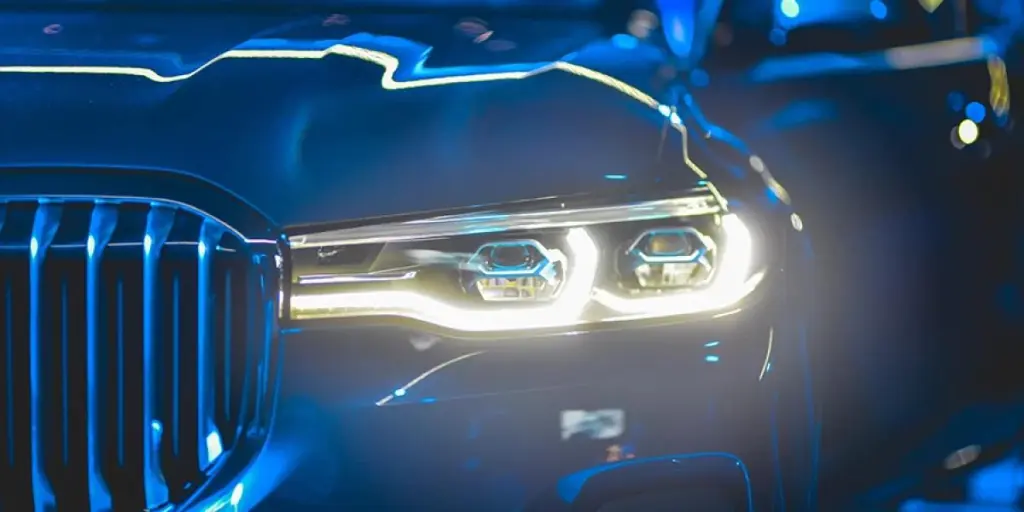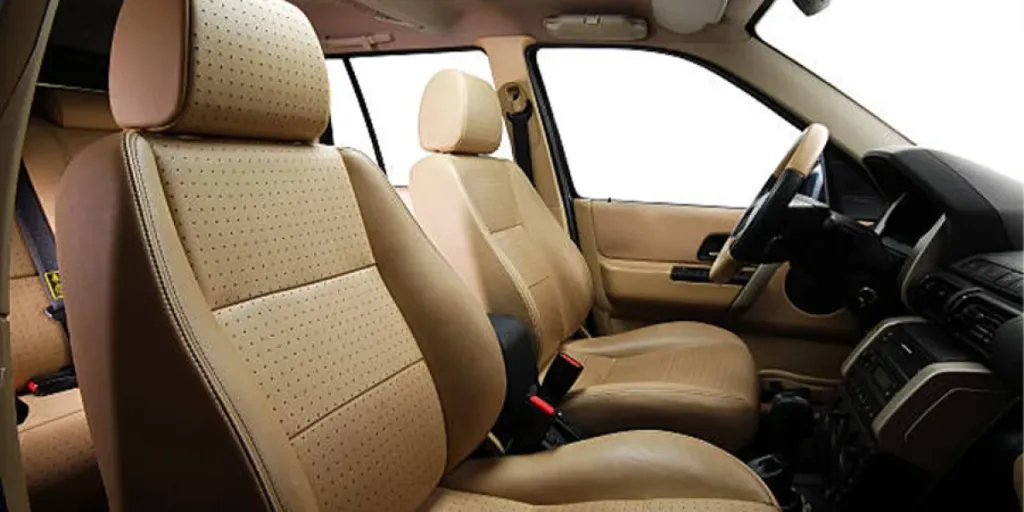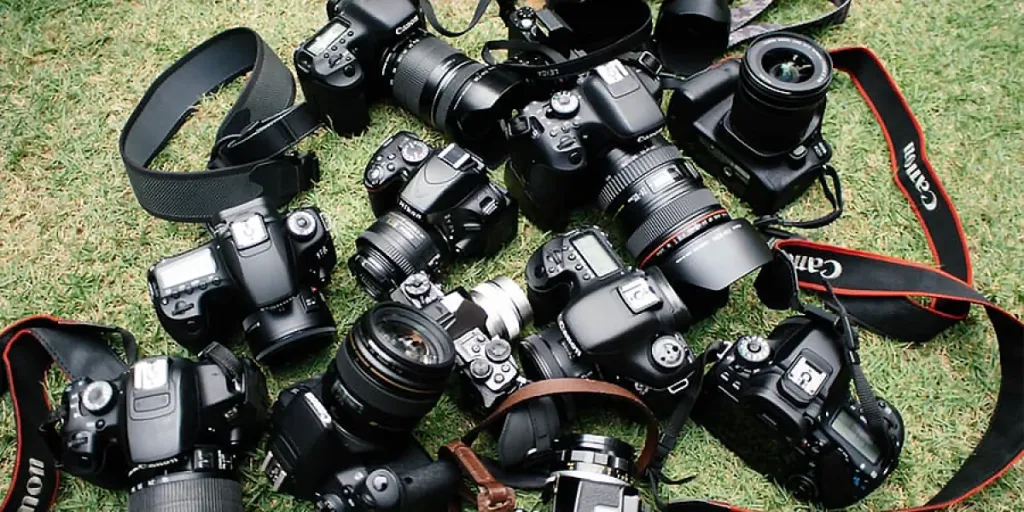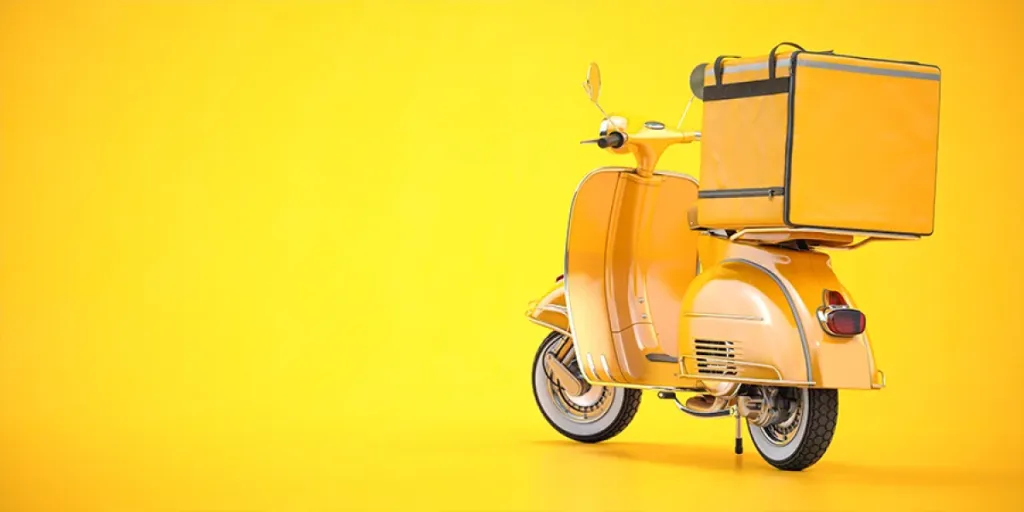Table of Contents
● Introduction
● Market overview
● Key technology and design innovations
● Top-selling models driving market trends
● Conclusion
Introduction
Car decals have evolved into a sector of customizing cars beyond basic stickers to become must-have accessories that showcase personal style and identity traits. Advancements in technology like UV inks and resilient vinyl materials have notably elevated decals’ quality, making them a reliable option for enduring vehicle modifications. The market’s growth is fueled by customers seeking designs that can be customized and a trend towards eco choices, like biodegradable and recycled materials. More companies are utilizing car decals in advertisements that boost brand recognition. With evolving trends and advancements driving the sector, the market for car stickers is primed for expansion and diversification, providing opportunities for artistic flair and marketing ingenuity.
Market overview

Market drivers include advances in vinyl sticker technology, with the segment projected to see substantial growth due to its durability and versatility, as noted by Worldmetrics.org. Verified Market Research indicates that sustainable options, such as biodegradable stickers, are expected to grow at a CAGR of 24% from 2024 to 2030, driven by rising environmental awareness. The popularity of custom-designed stickers for branding, advertising, and personal expression has also surged, with custom stickers expected to see a 3.6% CAGR from 2021 to 2028. Online platforms support this expansion by providing easy access to personalized designs, allowing consumers to explore various options for enhancing their vehicles’ aesthetics and style.
Seasonal trends and regional preferences also influence the demand for car stickers. For instance, North America and Europe prefer reflective and UV-resistant stickers due to the popularity of outdoor activities and the need for weatherproof options. The Asia Pacific region stands out for its thriving market in designs and ornamental stickers driven by buyers looking for budget-friendly personalization options. Moreover, companies are now turning to vehicle stickers for campaigns, while small and mid-sized businesses use decals to boost brand recognition. This increasing adoption for business purposes and the trend of do-it-yourself customization play a role in reshaping the car sticker industry.
Key technology and design innovations
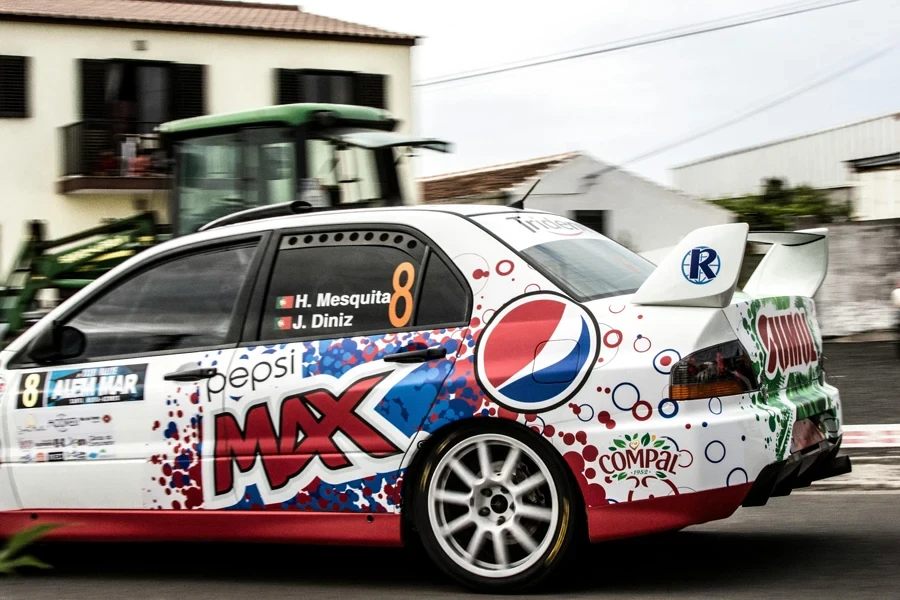
Technological advancements and design innovations are reshaping the car sticker industry, offering improved materials, interactive features, and sustainable solutions. These developments enhance stickers’ durability, aesthetics, and functionality while making customization easier for consumers. The industry caters to diverse needs with ongoing innovations, from personalized vehicle decoration to eco-friendly products and high-tech customization.
High-quality materials and production techniques
In the car industry, top-notch vinyl and superior materials are now the norm because they offer longevity and protection against harsh weather conditions. Verified Market Research suggests that UV-resistant inks are popular for decals as they help maintain colors even with prolonged sun exposure, which is a key consideration for car owners looking for enduring designs that won’t fade or change color over time. Additionally, air-release technology is gaining traction as it simplifies the installation process, allowing air to escape during application and resulting in a smooth, bubble-free finish. This innovation improves the appearance of the decals and minimizes application errors, making high-quality customization more accessible to a wider range of users.
Tech-infused stickers
Innovative tech-infused stickers, such as LED decals and smart stickers, transform vehicle customization by incorporating digital capabilities. These options go beyond traditional aesthetics, offering interactive elements like integrated lighting, dynamic color changes, and real-time displays. According to Worldmetrics.org, tech-enhanced stickers can be programmed to change colors, flash in sync with a vehicle’s lighting system, or display messages based on user settings or driving conditions. Such features make them ideal for safety, promotional, or purely decorative purposes. As digital technology evolves, the capabilities of tech-infused decals are expected to expand, providing car owners with a broader range of functional and decorative customization options that can be easily adapted to their preferences.
Sustainable designs
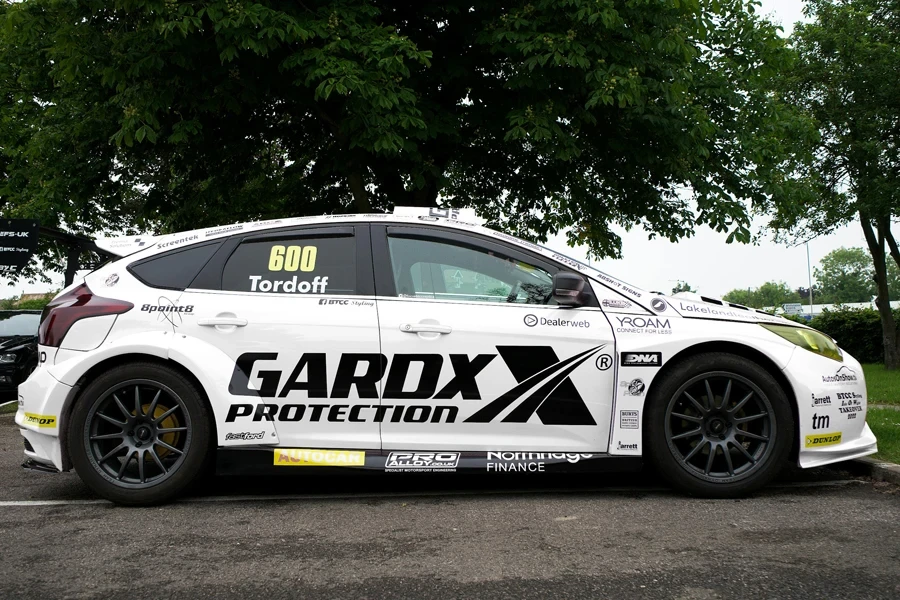
Sticker design is increasingly focusing on sustainability as consumers are more interested in eco products. This trend is pushing the market towards sustainable choices in sticker materials, such as recycled and biodegradable options, to address environmental concerns about waste and environmental impact. Verified Market Research reports that sustainable sticker options are rapidly gaining popularity as advancements in production processes allow for creating eco-conscious designs without compromising durability or quality. These materials balance performance and environmental responsibility, appealing to consumers increasingly looking to reduce their ecological footprint through sustainable purchasing choices.
Customisation and digital platforms
Digital platforms have revolutionized how consumers purchase custom car stickers, making accessing a wide range of personalized options easier. Online customization tools offer diverse design features, from colors and fonts to images and shapes, enabling users to create unique decals that reflect their personality or brand. The global reach of these platforms means that consumers can effortlessly find or design custom stickers that meet their specific preferences. Digital printing technology advancements also contribute to this movement by offering top-notch outcomes at high speed and reduced expenses. This has led to a rise in the availability of car stickers; now enthusiasts, small enterprises, and even everyday users can indulge in customized vehicle embellishments without the constraints associated with conventional customization techniques.
Top-selling models driving market trends
Various factors, including consumer preferences, commercial uses, and vehicle trends, shape the car sticker market. The popularity of specific sticker styles reflects the demand for personalization and branding, while regional differences and automotive influences further drive design trends. These elements collectively shape the market landscape and determine the types of stickers that dominate the industry.
Personalization and self-expression
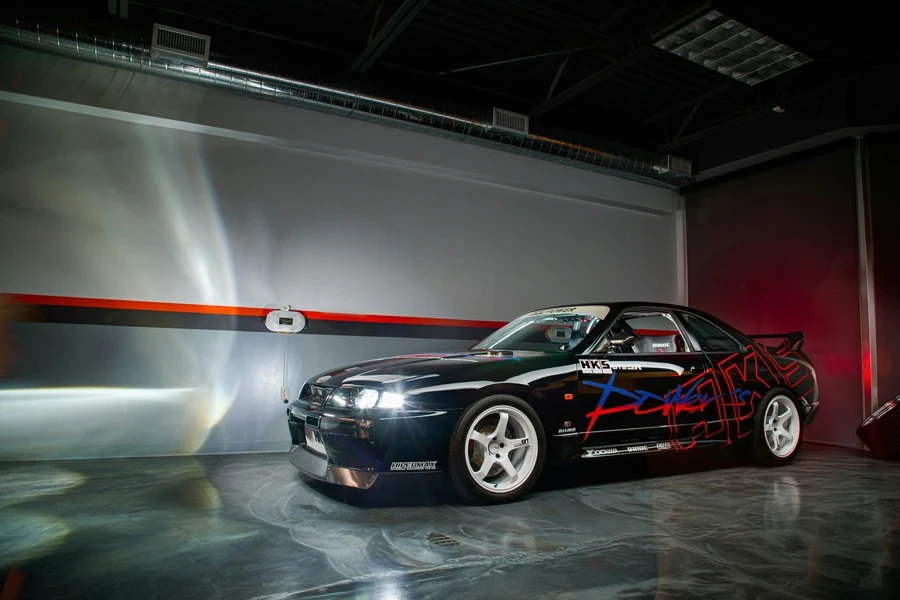
Personalization is a significant factor in the popularity of car stickers, as many consumers seek decals that reflect their identity or interests. Popular choices include reflective decals for enhanced visibility, bold fonts for making statements or showing affiliations, and minimalist designs for a clean, modern look. Verified Market Research indicates that minimalist styles are favored by younger consumers who appreciate subtle and sleek aesthetics. This demand for personalized stickers supports a broader trend toward self-expression, where car owners use decals to make their vehicles stand out on the road and showcase their unique tastes.
Commercial use and mobile advertising
Personalized stickers are commonly utilized for business objectives; notably, employing car decals for branding and marketing is becoming more prevalent among companies nowadays. Many businesses utilize customized stickers to showcase their logos, address details, or promotional content, transforming vehicles into mobile advertising mediums. According to Worldmetrics.org, this type of advertisement is favored by mid-sized enterprises owing to its affordability and widespread visibility. The trend has led to a surge in demand for large-format decals and vinyl wraps that cover entire vehicle surfaces, creating impactful branding opportunities while driving in various locations.
Regional preferences
Sticker design trends vary across regions, reflecting local tastes and cultural influences. In North America, decals featuring sports team logos, patriotic themes, and symbols related to outdoor activities are highly popular, aligning with local interests and hobbies. In Europe, there is a stronger preference for minimalist styles, clean lines, and subtle colors, particularly among urban drivers seeking refined and understated aesthetics. In the Asia-Pacific region, stickers showcasing anime characters, pop culture icons, and decorative motifs are in demand, driven by the preferences of a younger demographic who favor trendy and affordable customization options. These regional differences highlight how local culture shapes sticker choices and trends.
Automotive influences
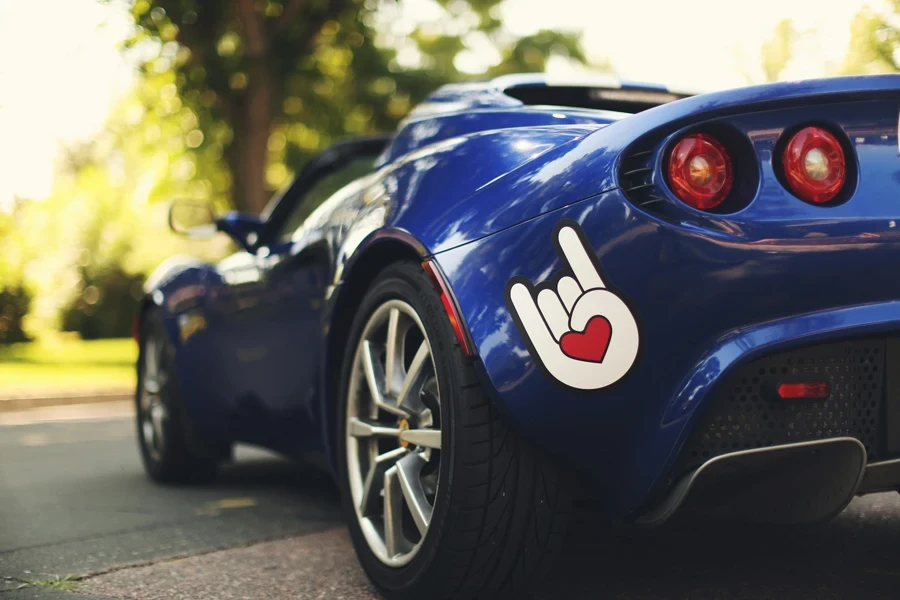
The type of vehicle often influences the choice of car stickers, with different models favoring distinct sticker styles. SUVs are among the top-selling car models globally, and lectric vehicles (EVs) are among thy featurwhichdecals or full vehicle wraps that make a bold statement. As the popularity of EVs rises, so does the interest in tech-inspired and futuristic designs, which complement the innovative image of electric cars. Meanwhile, compact car and sedan owners often opt for smaller, more discreet stickers that accentuate their design without overwhelming it. These automotive trends demonstrate how car models impact sticker preferences and customization styles in the market.
Conclusion
The market for car stickers is growing rapidly due to the need for customization and the wish to give vehicles a unique touch. Advances in materials like high-quality vinyl and UV inks have improved the durability and overall quality of stickers on the market today. Moreover, products like LED decals that incorporate technology introduce avenues for customizing vehicles. Furthermore, businesses are leveraging vehicle decals to advertise their services to a larger audience through mobile marketing efforts. These various elements combined are driving the growth of this market sector.
The progression of technology and the growing focus on sustainability in the industry sector has led to a shift towards using eco materials and manufacturing processes that include recycled options to align with environmental regulations and standards. Additionally, the variety of preferences seen across regions and the impact of vehicle trends like the popularity of SUVs and electric vehicles (EVs) are expected to play a significant role in determining the choices made in sticker design going forward. The evolving landscape ensures that car stickers remain a versatile and essential part of automotive customization.

